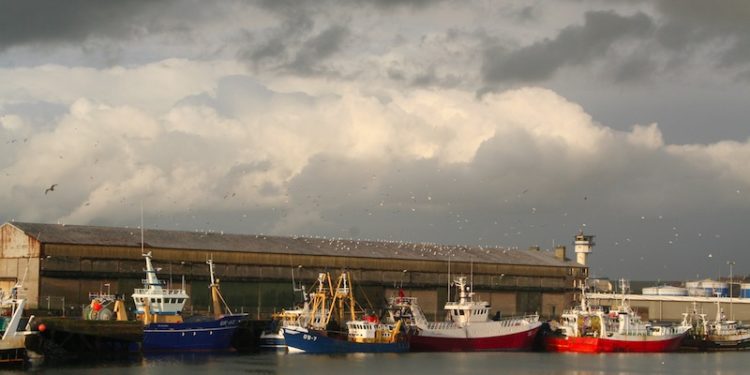The European Fisheries Alliance (EUFA) has marked the first anniversary of the launch of the Santiago Declaration. A year ago representatives of coastal communities from across the European Union came together in Santiago de Compostela to take a common stand and urge decision makers to protect the economic future of their communities during the Brexit negotiations.
The declaration was signed by dozens of coastal communities from EU Member States potentially affected by Brexit, demanding that vital fishing interests be defended during the Brexit negotiations, as the future of the fishing communities is dependent on the outcome.
‘One year later, Brexit negotiations have entered a decisive phase and fisheries remains an important topic given that the United Kingdom and the EU share limited resources as well as interdependent ecosystems,’ EUFA states.
EUFA sees reciprocal access to fishing grounds and markets with the United Kingdom remains as its priority, and it states that post-Brexit co-operation on sustainable management is necessary to ensure the economic livelihoods of fishing communities and the future of the fisheries sector in Europe.
‘Our vibrant coastal communities have depended on the fisheries industry for centuries. Their world revolves around their fleets,’ said Galicia’s minister of fisheries Rosa María Quintana Carballo.
Coastal communities
‘In Galicia, like in so many other European coastal communities, fisheries and fishermen are core to our local cultures, our folklore and our shared identities. We are celebrating the Santiago Declaration because it addresses coastal communities’ concerns and seeks to ensure that EU decision makers are well aware when negotiating the Withdrawal Agreement as well as the future relationship with the UK,’ she said.
European Fisheries Alliance chairman Gerard Van Balsfoort commented that the fisheries industry is about people and the livelihood of fishing communities.
‘Over the last year the European fisheries industry has stood united in order to represent these interests and to ensure that negotiators in Brussels and London are well aware of the tangible consequences that Brexit could have on the vulnerable situation of coastal communities,’ he said.
‘Our message to policy-makers remains unchanged, namely, that any Brexit agreement needs to take care of our coastal communities. A long-term economic future means safeguarding current reciprocal access arrangements to waters and markets and maintaining current distribution of fishing opportunities.’









